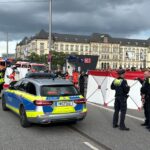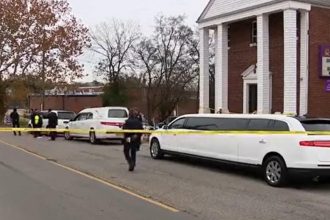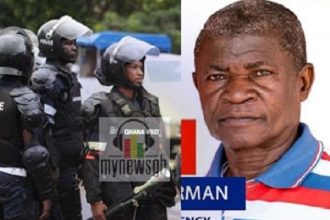According to Reuters, which quoted medical authorities, a fresh wave of violence swept through the Libyan capital of Tripoli on Monday evening, killing at least 55 people and injuring 146.
On Monday, combat erupted in the center of Tripoli between two strong military factions: the Presidential Council’s Special Deterrence Force and the National Unity Government’s 444th Brigade. Since the overthrow of Muammar Gaddafi in 2011, several groups in Libya have struggled for control of the nation.
Following the arrest of Mahmoud Hamza, commander of the 444th Brigade, at Tripoli’s Mitiga International Airport, shops and marketplaces were shuttered, government buildings were evacuated, and civilian residences were destroyed around the city.
Both ground and air traffic were halted at Mitiga Airport and Tripoli University. As a precaution, flights were redirected to Misrata Airport.
On Tuesday, the Libyan capital’s tranquility was gradually restored after Prime Minister Abdelhamid Dbeibah, the head of the city’s UN-recognized administration, agreed to release imprisoned Hamza to a “neutral party.”
To tackle the incident, police from around the city collaborated with the local ER and other essential organizations.
As the violence intensified, the US Embassy in Tripoli released a statement urging for “immediate de-escalation in order to sustain recent Libyan gains toward stability and elections.”
In a similar spirit, the UN Support Mission in Libya has encouraged all sides to “de-escalate the violence and respect the Libyan people’s demands for peace and stability.”
This new outbreak of violence is not unique in Libya’s tumultuous past. Rivalries for influence and power among opposing factions are exacerbated by the nation’s tribal traits as well as the lack of a unified administrative authority and established political institutions.
Tensions between the Radaa Service and the 444th unit increased in late May when one of the unit’s former commanders was imprisoned.















